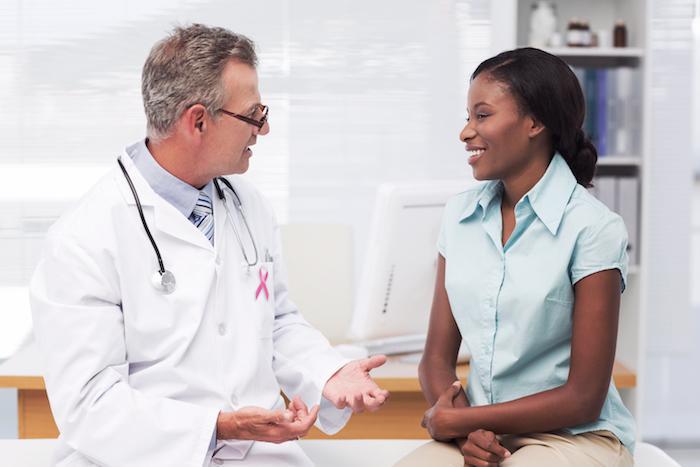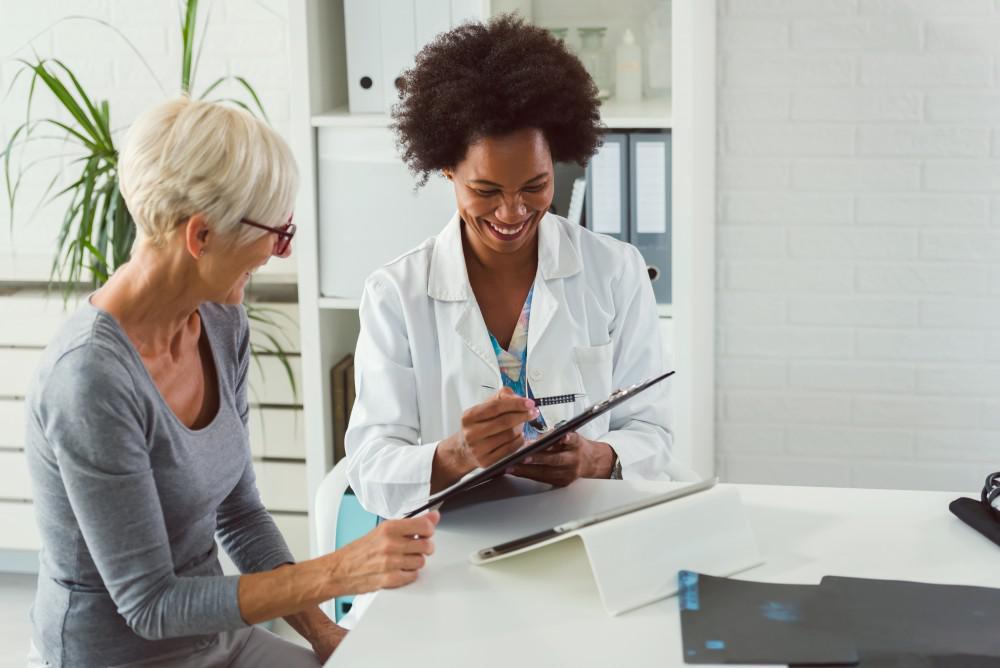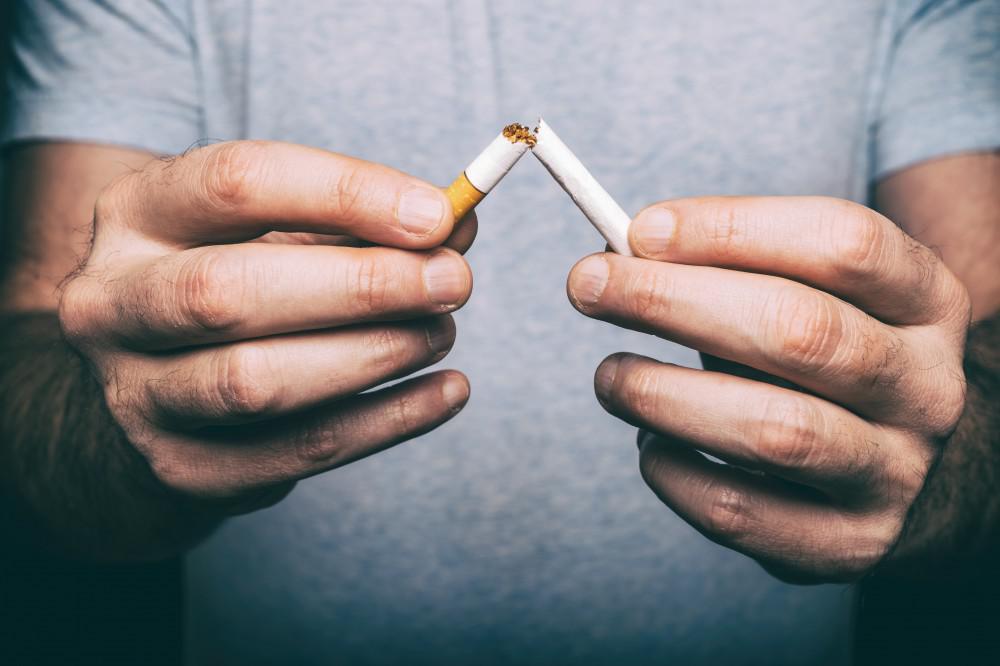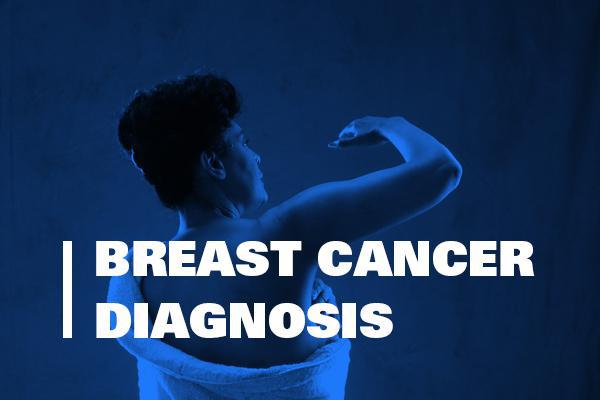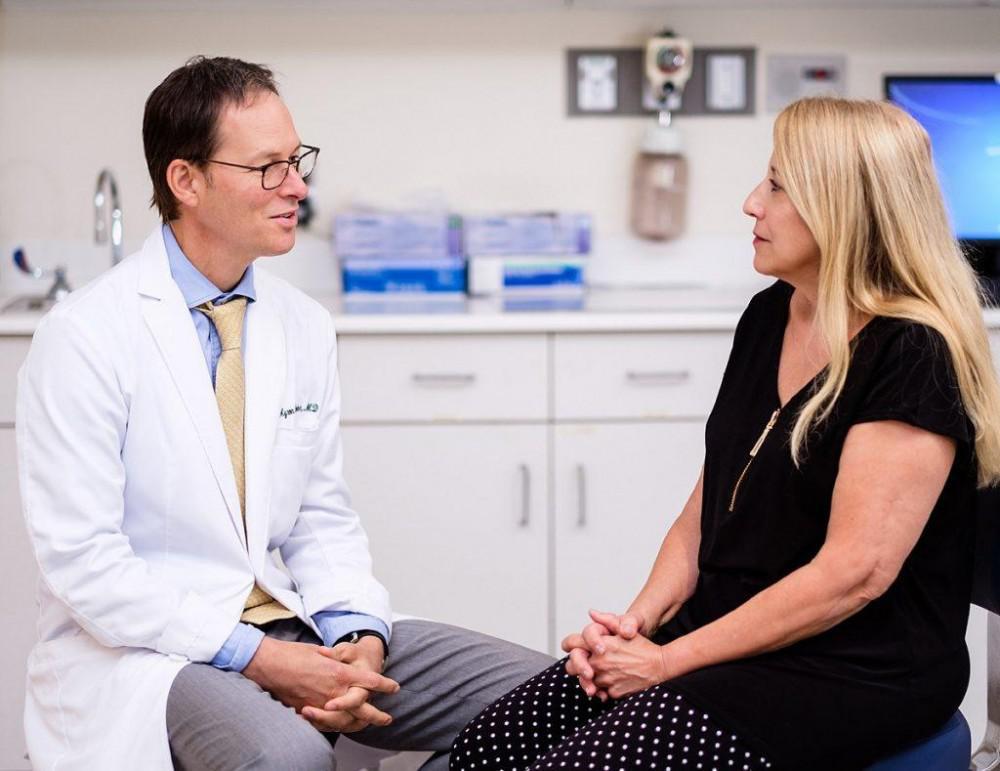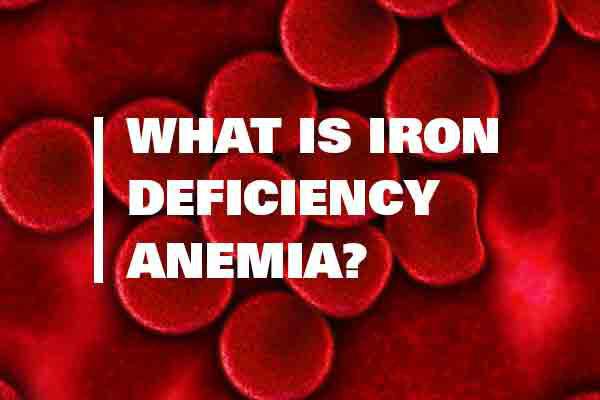Breast cancer is a very common type of cancer that affects both women and men — but that doesn’t make it any less scary. This type of cancer can strike at any time, which leaves you feeling vulnerable. However, there are steps you can take to detect early signs of the disease.
At Hunterdon Oncology Hematology, we help you not only understand your specific type of cancer, but all of your treatment options as well. Our board-certified team of oncology and hematology specialists also assists you with breast cancer detection through self breast exams.
Why self exams are important
Self breast exams are the number one way you can stay on top of your breast health — and detect changes as early as possible. Although your doctor usually performs these exams once a year, that isn’t enough to stay ahead of cancer.
So how often should you be performing a breast exam? The simple answer is every month. The best time to do this is after your menstrual cycle, because your breast tissue won’t be swollen and sensitive.
If you no longer have a menstrual cycle, your periods are very sporadic, or you’re a man, you can simply pick the same day every month to do your exam. To make it easy, either pick the first day of each month, or a number that’s special to you so you don’t forget.
How to perform a breast exam
A self breast exam involves you visually inspecting your breasts, as well as feeling each breast for any abnormalities. To perform the visual part of your exam, you’ll want to be in front of a mirror, topless and without a bra. Stand with your hands down at your side, and look for:
- Changes in size
- Changes in shape
- Symmetry
- Dimpling or puckering
- Inverted nipples
You’ll also want to put your hands on your hips, as well as raise your arms over your head to check for any of the above changes. In addition, make sure to lift each breast and inspect the underside for any abnormalities.
Once you’ve performed the visual exam, manually check your breasts with your fingers for any lumps or changes in your breast tissue. You can do this either in the shower or by lying down on a bed or sofa.
Lying down helps you more easily feel for changes because it allows your breast tissue to flatten out, making a lump more discernible. In the shower, it’s also easier to do a breast exam, because your fingers glide more easily over your breast tissue when you’re lathered with soap and water.
Make sure you manually examine each breast completely. Not only does this help you detect any changes, but it also makes you familiar with how each breast feels, so that each month potential abnormalities are easier to find.
Tips to help you with a self exam
Although self breast exams aren’t necessarily difficult, there are some tips you should learn to make the whole experience a lot easier. Tips that help you detect changes in your breast tissue include:
Use the pads of your fingers
The pads of your fingers are pretty sensitive, making them ideal for finding lumps in your breasts. Use your index, middle, and ring fingers to do your manual exam. If you don’t have good feeling in your finger pads, you can also use your palm or back of those three fingers.
Change your level of pressure
Using different levels of pressure allows you to feel the different depths of your breast tissue. Use a lighter touch to feel the top layer of tissue, and use a heavier touch to feel the tissue closer to your chest wall.
Try not to rush
Self exams only take a couple of minutes, and rushing to get the exam done could lead to missed breast tissue changes. Take your time to do it properly.
Use a pattern
Following a certain pattern during your self exam makes your monthly routine go much more smoothly. It also helps you make sure you check every inch of your breast tissue. You could start at your nipple and move outward, or you could begin at your collarbone and work down.
If, during your exam, you notice any abnormal changes in your breast tissue, contact our office as soon as possible to schedule a consultation. Although lumps don’t always mean cancer, it’s best to rule it out rather than wait too long.
If you need more information or have been diagnosed with breast cancer, call our office in Flemington, New Jersey at 908-264-1798 to make an appointment. You can also reach out to us by using our online booking tool.


